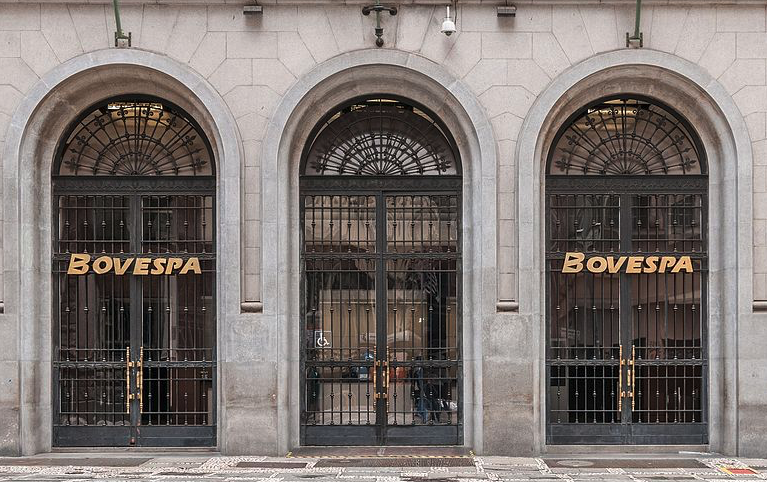The wealth management industry in Brazil had a 7.5% growth in 2023, reaching $91 billion, according to data from Anbima (Brazilian Association of Financial and Capital Market Entities, as translated from Portuguese).
According to the association, one of the main drivers of this growth was the atypical movement in equity funds. Without the stock exchange’s help, the growth would have been more modest, at 1.8%, indicating a stability in the financial volume. In 2023, the Ibovespa (main index of the Brazilian stock exchange) rose 22.28%.
“Despite diversified portfolios, the segment’s clients have a large participation in private credit, which was impacted by the crisis at the beginning of 2023,” says Fernando Vallada, one of the institution’s directors and also managing director of Julius Baer, referring to the review of credit offers in Brazil’s capital market following the revelation of a $5 billion fraud in the balance sheet of Lojas Americanas company, at the beginning of that year.
“Another factor corroborating the lower growth was the drop in mergers and acquisitions,” explains Vallada. Equities, boosted by equity funds, saw an increase of 14.6%, representing 34% of the total invested. These funds, specifically, grew by 26%, reaching $21 billion in the year.
“Wealth managers did not reflect the optimism caused by the annual rise of the Ibovespa, stimulated by the beginning of the Selic rate cut in Brazil and the prospect of monetary easing in the United States. The interest rate still in double digits may also have motivated more caution in the sector,” says Vallada.
Multimarket funds fell by 5% in the year, reaching $19 billion, and currency funds faced declines, impacted respectively by market performance and the fall of the dollar against the real, with an 8% decrease of the American currency in relation to the Brazilian currency. As a result, currency funds fell by 59.6%, ending the year with $20 million invested.
ETFs double in size
However, there was a surge in ETFs, of 111.3%, totaling $ 560 millions. FIPs (Private Equity Funds) recorded an increase of 17.9%, totaling $ 5.46 billions, and Real Estate Funds closed 2023 at $ 3.26 billion, a growth of 22.8%.
Fixed income grows 8% with interest rates in double digits
Fixed income, still benefiting from the Selic rate in double digits, grew by 8%, reaching $27 billion. Tax-exempt products led the advance, such as incentivized debentures and debt securities from the real estate and agribusiness sectors.
The highlights were the income tax-exempt products. Among the applications with the highest investment volumes, incentivized debentures advanced 78.5%, totaling $1.76 billion, and LCAs (Agribusiness Credit Bills) grew by 18.4%, reaching $1.54 billion.
LCIs (Real Estate Credit Bills) increased by 90.8%, reaching $1.5 billion. CRIs (Real Estate Receivables Credits) recorded a rise of 28.5%, to $1.34 billion, while LIGs (Guaranteed Real Estate Letters) went up by 26.2%, totaling $0.74 billion. The growth of CRAs (Agribusiness Receivables Credits) was more modest, at 2%, to $1 billion.



